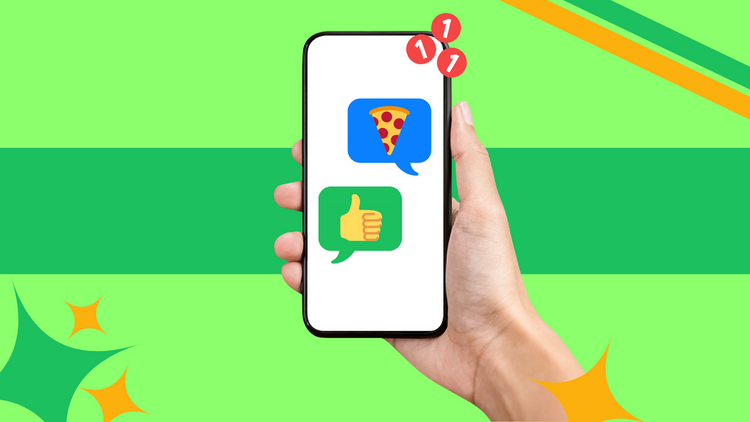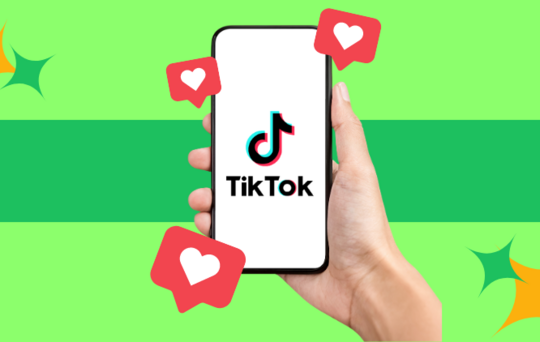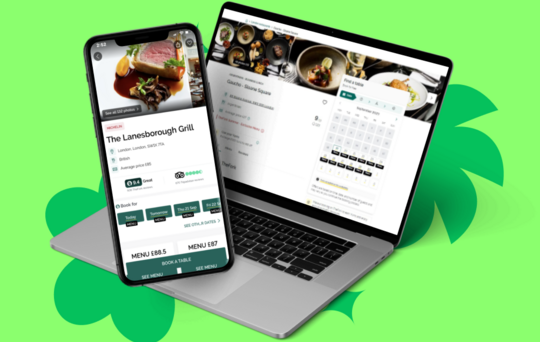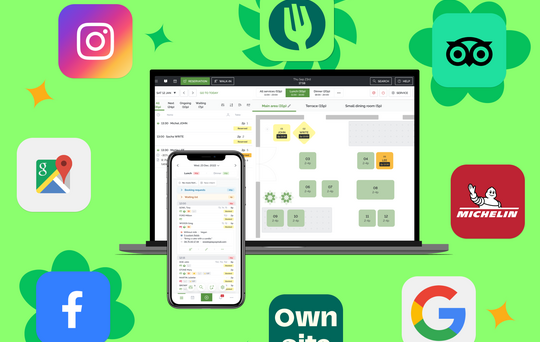SMS Marketing for Restaurants: Everything You Need to Know

As marketing channels go, reaching out to your customers via SMS has a huge amount of untapped potential for restaurants looking to encourage customer loyalty and increase bookings.
Despite being one of the oldest digital marketing channels, many businesses have only started to use SMS to strategically engage customers in the last few years.
According to a survey by Attentive, 90% of customers are interested in receiving SMS from businesses. Better still, Esendex reports that the average open rate of SMS in the UK is a whopping 98%. This means that restaurant marketing teams utilising this communication channel have a very high chance of getting their messages seen by the right customers, helping to increase bookings, nurture loyalty, and drive revenue.
We’re revealing our top tips for creating an SMS strategy that connects you with your diners and keeps them coming back time and again.
Best practices for SMS marketing
Despite huge open rates for SMS messages in the UK, you still need to craft them carefully to ensure they cut through the noise of everything else your customers see on their phones.
Firstly, tone is everything. If someone has opted-in to receive texts from your restaurant, they’ll expect a more personal correspondence style than cold, sales-y messaging.
Use the same tone of voice you use across your social media channels and email marketing to maintain consistency, and keep your language light and friendly. If you can personalise your texts to address your customers by name, even better
Text messages are a rapid-fire form of communication, so they should always be as short as possible while including all of the information you need to convey. While customers are quick to open SMS marketing messages, they’re unlikely to engage with a message that takes too long to read and understand.
How often you send texts to customers is also critical to your SMS strategy’s success. Too often, and customers may feel bombarded and decide to opt-out. Not often enough, they may forget why they subscribed to your communications in the first place.
A survey by Klaviyo found that the frequency sweet spot is just a few texts per week, with the majority of customers happy to receive SMS messages this often.
Ideas for your SMS marketing strategy
Booking updates
One of the most popular — and most effective — ways restaurants use SMS is to send diners updates about their reservation.
By keeping your diners constantly in the loop with their booking, you’ll reduce the risk of no-shows and nurture customer loyalty.
With a restaurant management platform like TheFork, you can easily set up these automated messages and choose exactly which points in the customer journey you’d like to send them.
As well as sending a text to confirm a customer booking, TheFork also gives you the option to send messages to communicate booking modifications, cancellations, and more, helping you shape the perfect diner journey.
Try TheFork today
Special offers
The speedy nature of SMS messaging makes it a perfect channel to promote flash deals or first-come-first-served events.
Make customers on your text message subscriber list feel a sense of FOMO by driving urgency through your language, and make it easy for them to book with a direct link in the text to create a seamless user experience.
You can also make your subscriber list feel like VIPs by offering them these limited-time deals or exclusive event invites before anyone else. Let them know they’re getting special treatment to help build a sense of community amongst your customer database and keep them engaged with your communications.
Seasonal and reactive promotions
SMS is a simple and resource-light marketing channel, so it’s a great way to be reactive and capitalise on special occasions and seasonal events you’re not focusing on through your other marketing efforts.
For example, during big sporting events such as the Euros, you could use SMS to promote a flash deal depending on the results of the latest match, tailoring your messaging to suit the score.
Or, if it’s near the start of summer and an unexpectedly sunny weekend approaches, you might want to send out a quick text to promote your happy hour offering on your outdoor terrace.
The low effort required to send out SMS messages makes it a great opportunity to be more experimental. Whatever you try, monitor the results closely and use these insights to refine and optimise your SMS strategy.
SMS is a simple yet powerful communication channel that goes hand-in-hand with your other marketing efforts, from email to social media. Next, discover more marketing inspiration on our blog, and if you’re not yet using a restaurant management platform to streamline your bookings and acquire more customers, get in touch with our team today















